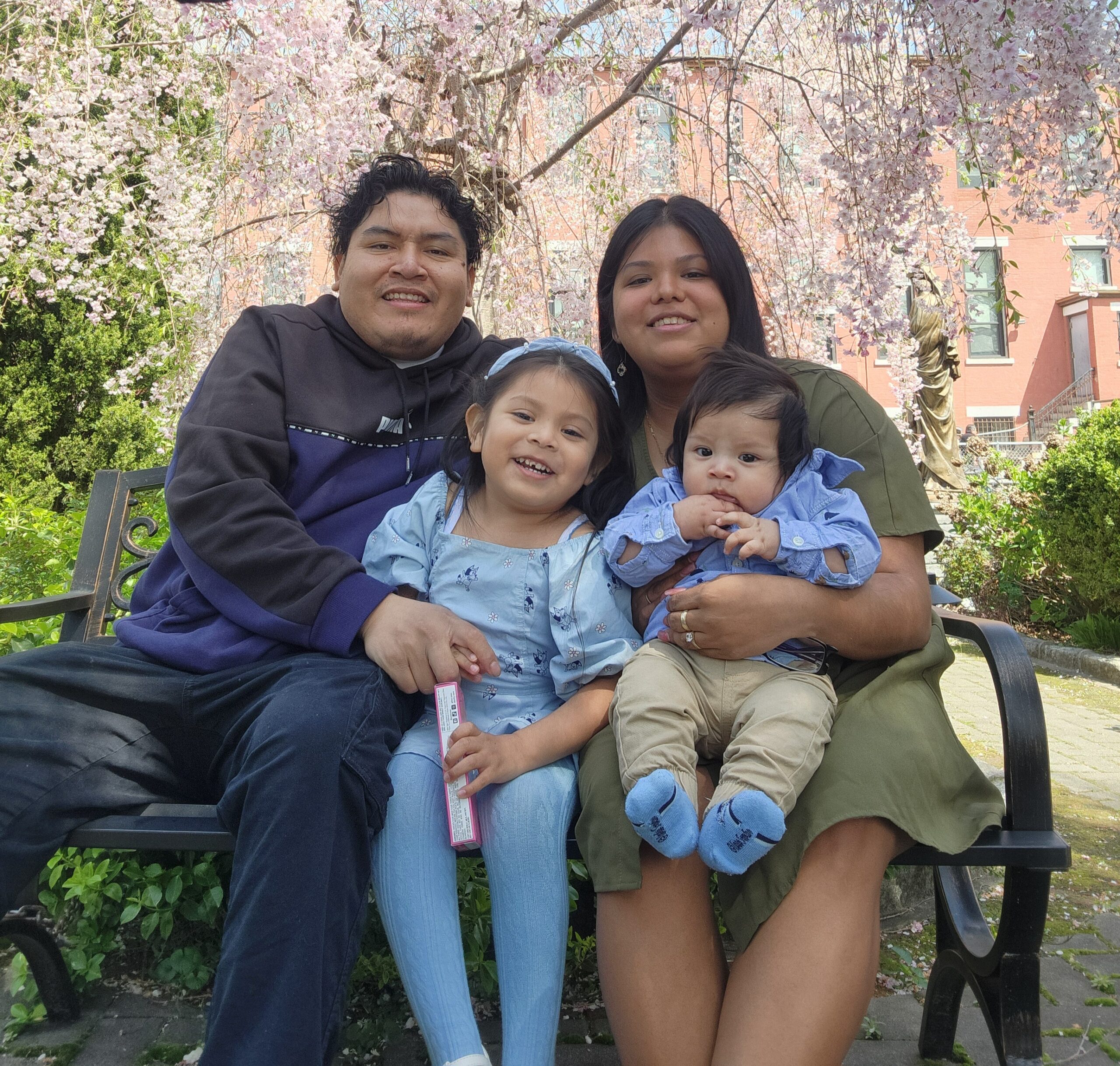 Wow! Where do I begin? I want to first say thank you for the opportunity to share my story. I am forever grateful for all that The Child Center of NY has done for my family and me. Before TCCNY, I had no idea the amount of impact an organization like this could have on a family.
Wow! Where do I begin? I want to first say thank you for the opportunity to share my story. I am forever grateful for all that The Child Center of NY has done for my family and me. Before TCCNY, I had no idea the amount of impact an organization like this could have on a family.
My journey with TCCNY began in March 2021. After a pregnancy and birth during the pandemic and tons of baggage (trauma) that I carried with me my whole life, a social worker reached out during my postpartum hospital stay. She asked if I needed any resources, including therapy. Even though I knew I needed it, I was scared to say yes. Coming from a family steeped in trauma, I had a difficult childhood and adolescence, but we never considered therapy because of the stigma. My family thought therapy was for crazy people. So, I held off, even though I knew I struggled with depression, anxiety, and so many things throughout my life. But something changed after I gave birth. I had read a lot about postpartum depression and how it can affect women, especially if they have a history of trauma. I remember holding my daughter in my arms and thinking, “My child cannot grow successfully with a mom who hasn’t received the help she needs.” And so began my sessions with my therapist.
I was connected to Catholic Charities for other services, and they connected me to The Child Center’s Early Childhood Mental Health program for therapy with a clinician named Jazmin Fortuna.
From that first meeting with her, I felt trust. I was very shy and felt like she waited ages for me to answer a question or speak on a life event, but she was so patient and nonjudgmental. A postpartum evaluation revealed that I had more than the baby blues. A main goal of my therapy was dealing with my postpartum depression, and also with my older anxieties. After a car accident in 2018, just leaving home caused me tremendous anxiety. I wouldn’t go out without my husband or my mom. If I was halfway to crossing the street and thought a car was getting too close, I’d run back. Jazmin helped me with my anxieties around leaving my home, crossing streets, speaking up for myself, and being there for my family and people I love.
About five months in, my home flooded in Hurricane Ida, and we lost everything (I now have another trauma added to my list). Jazmin connected me to Family Peer Advocate Nodia Reyes, who helped me apply for another place to live. But my anxiety suffered a setback, as I became scared of weather, particularly storms and thunder. I also suffered a miscarriage. Jazmin and Nodia helped me through this tough time. Jazmin introduced me to coping strategies, including reframing and the 5-4-3-2-1 method, which helped with my current anxieties and would help me with future challenges. Jazmin always makes me feel like she truly cares, and not just because that’s her job. And Nodia, who is also a mom and shares a lot of life experiences with me, was able to help me see that a lot of my insecurities were not shortcomings, but rather just part of life. “That’s just motherhood,” she would say. Jazmin and Nodia are the team that put me back together and made me the person I am today.
They also helped me find The Child Center’s early childhood education programs. They suggested that Early Head Start (EHS) would be a good fit for my daughter. Home Visitor Norma Mejia was assigned to my family. We were concerned at first, thinking it was something akin to a wellness check by children’s services (even though we had nothing to hide). It still worried us to let a new person into our home. But those fears quickly dissipated. Norma is such a bright, loving person. She has been a tremendous part of our support system and never came from a place of judgment or malice.
Let me tell you, the change in my daughter after starting home visits with EHS was amazing. Allison was shy at first. She is a pandemic baby and didn’t socialize much, even when we took her to the park. As her home visitors could tell you, she wouldn’t leave our side. But by the time she ended the program, she was ready for school; her socialization skills went up 100 percent. By the last two sessions of socialization, she was a completely different child.
Just after Allison aged out of EHS, I found out we were expecting again. Very enthusiastic about the opportunity to join the EHS program for my new baby, I spoke to the assistant director, and we started with home visits and socialization groups. I also self-nominated to be chairperson on the parent committee, and then the chairperson of bylaws and grievance on the policy council committee. It was a bit of a challenge to keep up sometimes, but I loved it. I remember my first policy council meeting happened about 12 hours after giving birth to my baby boy, and everyone was so excited to meet him! Filling these roles gave me an opportunity to be more involved with the education of my daughter and the kids she had socializations with. It also challenged me to work on speaking up and making changes to better support and help myself and others parent in the program. These were two more things I took on in order to challenge myself into speaking up.
During one of the parent committee meetings, a job opportunity for the role of EHS family worker came up, and I applied. To my surprise, I was hired! Not only did I get the job, but my baby and husband were given the opportunity to continue the EHS program (which is amazing, they LOVE it) while I worked. Now my husband gets to do the home visits with our son, and I attend the socializations, which are family events for caregivers and children to connect. With Allison, my husband wasn’t as involved. Participating in the home visits with our son has been a great opportunity for them to bond and for my husband to be involved in his development. He’s done a whole 360, and I’m very proud of him.
Being an Early Head Start family worker is a great fit for me. Participating in EHS parenting workshops as a mom and as an employee, for example, has helped me in both roles. My supervisor said that she can see me picking up things and executing what I’ve been learning in workshops. Thanks to therapy with Jazmin, I feel comfortable speaking about my traumas and connecting with other parents about theirs. When I know something is affecting me, I’m no longer afraid to ask for help. Even on my first day of work, I wasn’t shy about speaking up!
It’s been an awesome journey so far. I’m both learning so much and helping so much. I hear from other people, “You’re so amazing,” and it’s hard for me to believe. It’s hard to see what people find so great about me. I know all the times I messed up and did things incorrectly. But working here and helping the families makes me feel like I’m doing something right.
To this day, I continue my therapy sessions, and even though we have a lot to work on, there has been an insane amount of growth and progress. I truly feel I have a home here that provides support, and that without it, I wouldn’t be where I am today.
A special thanks to my family—especially my husband, who has always been the biggest part of my support system, encouraging me not to give up and seeing the best in me—and to my therapist, God, and everyone who has been a part of my time at TCCNY. Thank you for reading my story.
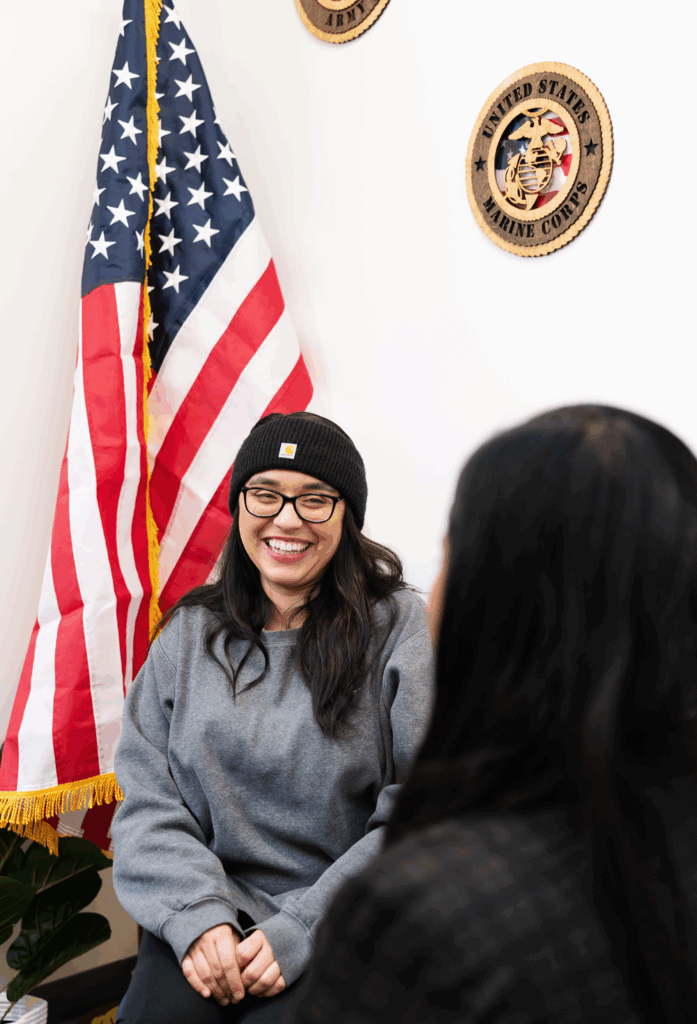 At The Child Center of NY, we are proud to stand with our veterans and their families. We strive to honor their service with our own — through programs that support their mental health, strengthen families, and help them build the bright futures they deserve.
At The Child Center of NY, we are proud to stand with our veterans and their families. We strive to honor their service with our own — through programs that support their mental health, strengthen families, and help them build the bright futures they deserve.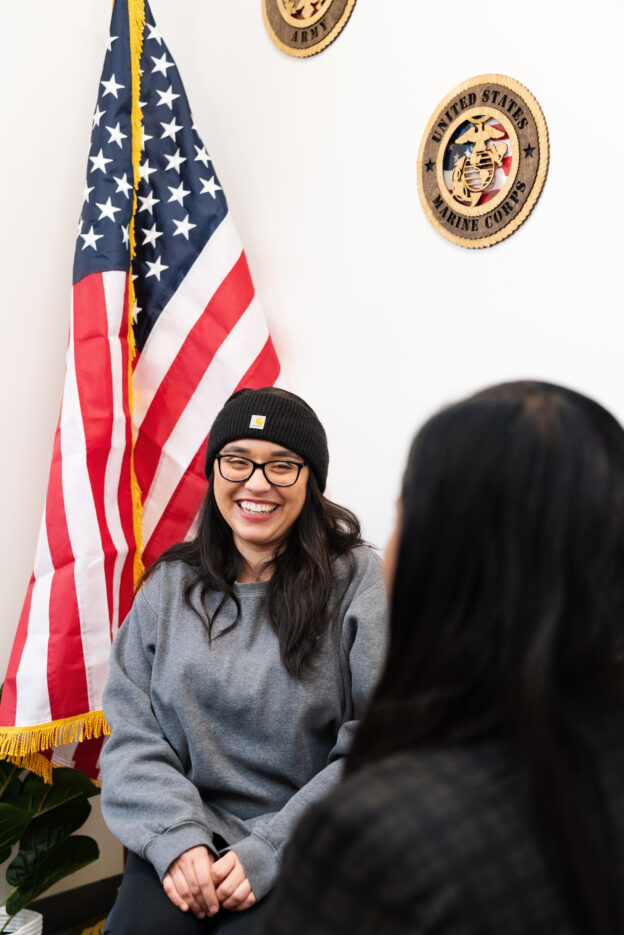
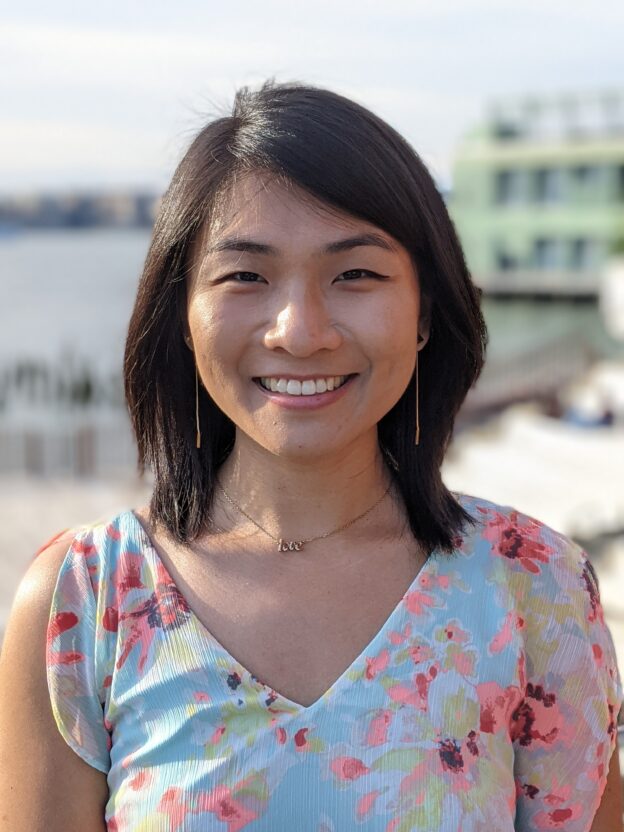
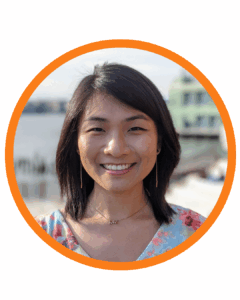 This month, we celebrate Cathy Wu’s 13 incredible years at The Child Center of NY. As a longtime leader at the
This month, we celebrate Cathy Wu’s 13 incredible years at The Child Center of NY. As a longtime leader at the  Wow! Where do I begin? I want to first say thank you for the opportunity to share my story. I am forever grateful for all that The Child Center of NY has done for my family and me. Before TCCNY, I had no idea the amount of impact an organization like this could have on a family.
Wow! Where do I begin? I want to first say thank you for the opportunity to share my story. I am forever grateful for all that The Child Center of NY has done for my family and me. Before TCCNY, I had no idea the amount of impact an organization like this could have on a family.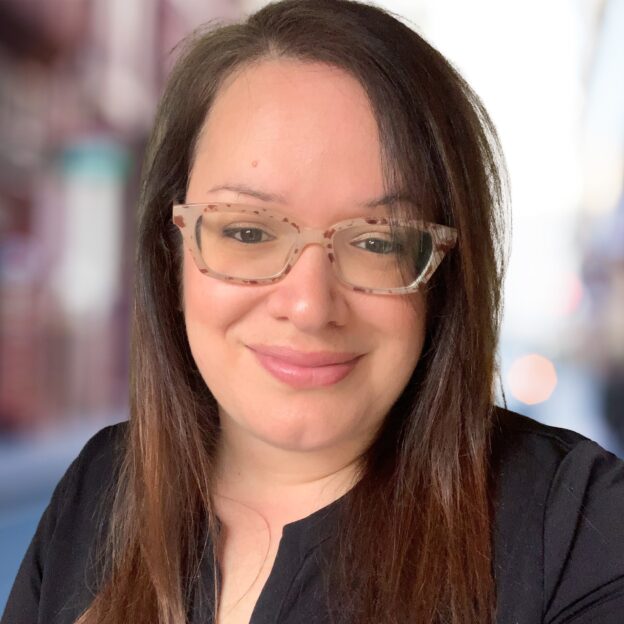
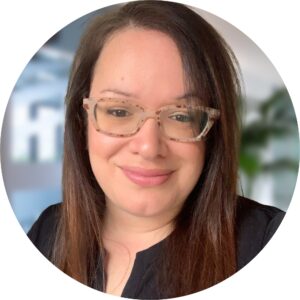 As the Director of Clinical Best Practice at The Child Center, Diane Valente, LCSW-R, supports our clinicians in delivering high-quality, evidence-based
As the Director of Clinical Best Practice at The Child Center, Diane Valente, LCSW-R, supports our clinicians in delivering high-quality, evidence-based 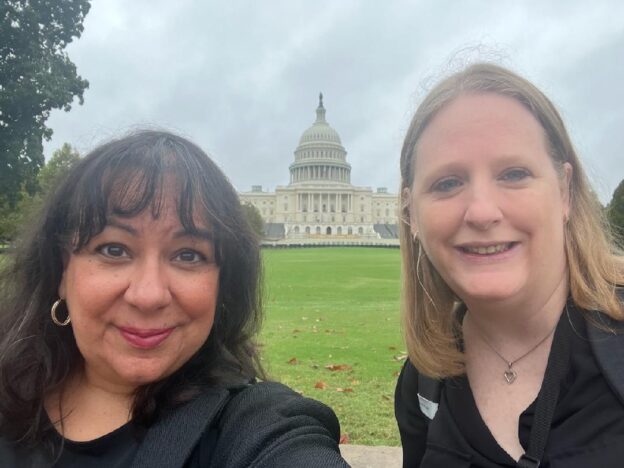
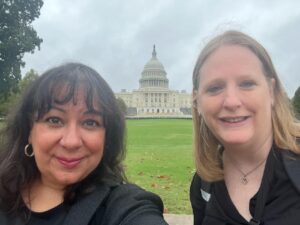
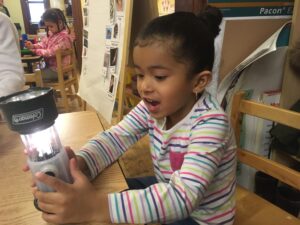
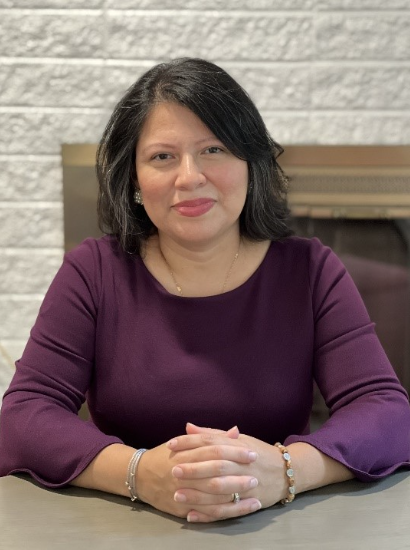
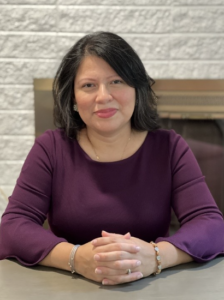 The Child Center of NY is excited to announce the promotion of
The Child Center of NY is excited to announce the promotion of 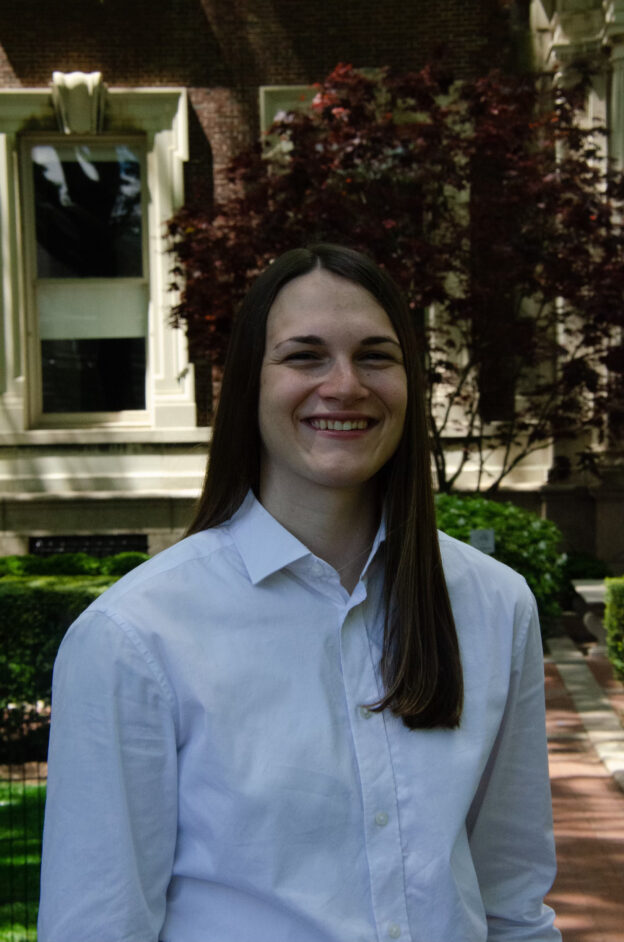
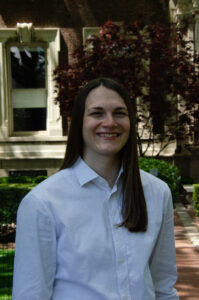 Sarah Garner, Master Social Worker at The Child Center of NY’s Cohen Family Wellness Center, was recently selected by the
Sarah Garner, Master Social Worker at The Child Center of NY’s Cohen Family Wellness Center, was recently selected by the  Sarah spoke about how moved she was to receive this distinction: “It was an honor to attend the New York State Coalition for Children’s Behavioral Health celebration. I was privileged to be named the employee of the year at the Cohen Family Wellness Center. The convention not only broadened my perspectives on the necessity for mental health services for adolescents and adults, but it also taught me that implementing a client-centered and holistic approach in my sessions with my clients makes a difference in their lives. I could not have received this award without the support of my colleagues and the Cohen Family Wellness team. I am fortunate to be a part of The Child Center of NY, and I am excited to continue my work here moving forward and making a difference in my clients’ lives.”
Sarah spoke about how moved she was to receive this distinction: “It was an honor to attend the New York State Coalition for Children’s Behavioral Health celebration. I was privileged to be named the employee of the year at the Cohen Family Wellness Center. The convention not only broadened my perspectives on the necessity for mental health services for adolescents and adults, but it also taught me that implementing a client-centered and holistic approach in my sessions with my clients makes a difference in their lives. I could not have received this award without the support of my colleagues and the Cohen Family Wellness team. I am fortunate to be a part of The Child Center of NY, and I am excited to continue my work here moving forward and making a difference in my clients’ lives.”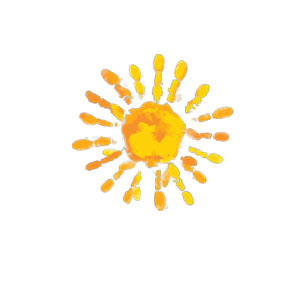 FV is a 10-year-old boy who receives therapy at
FV is a 10-year-old boy who receives therapy at 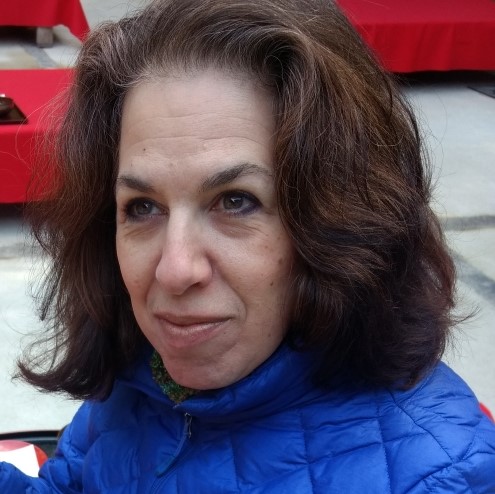
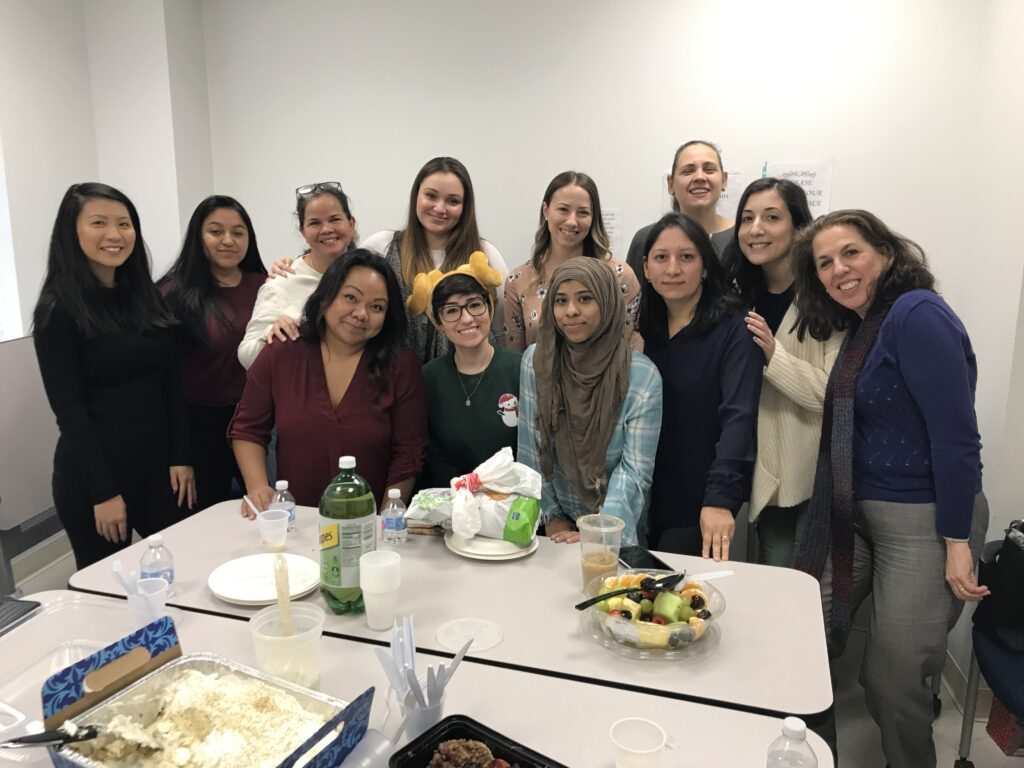

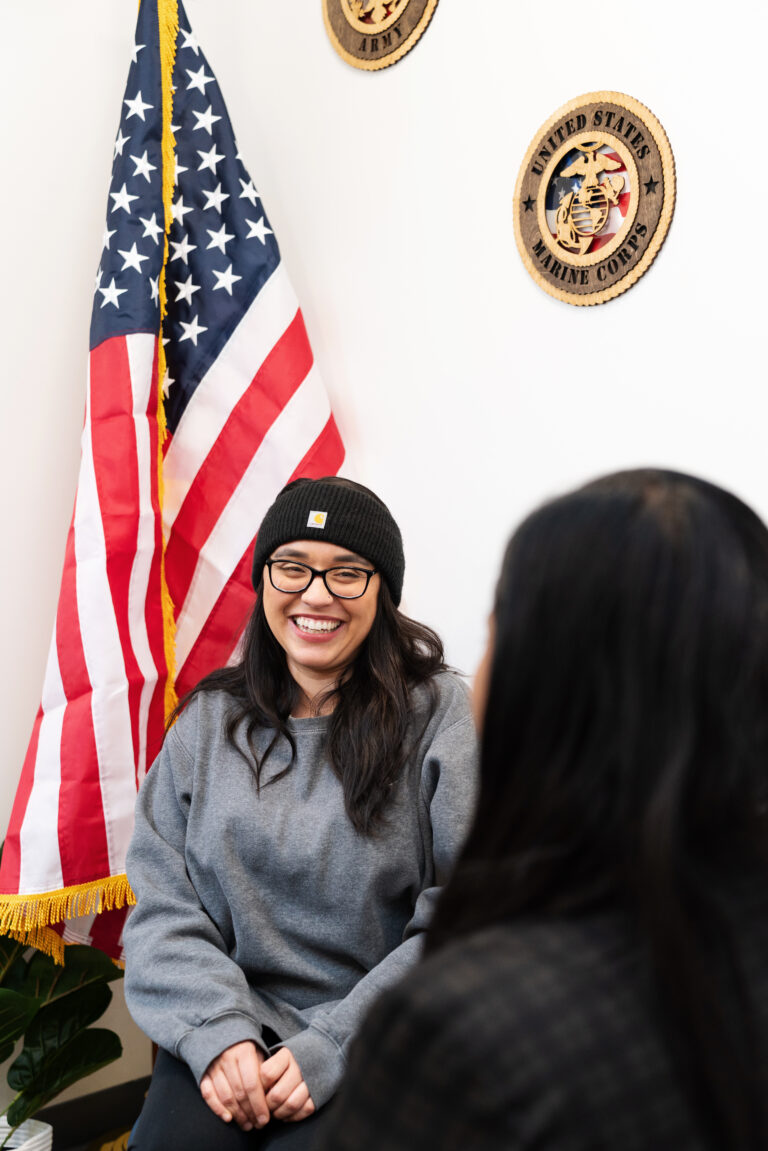
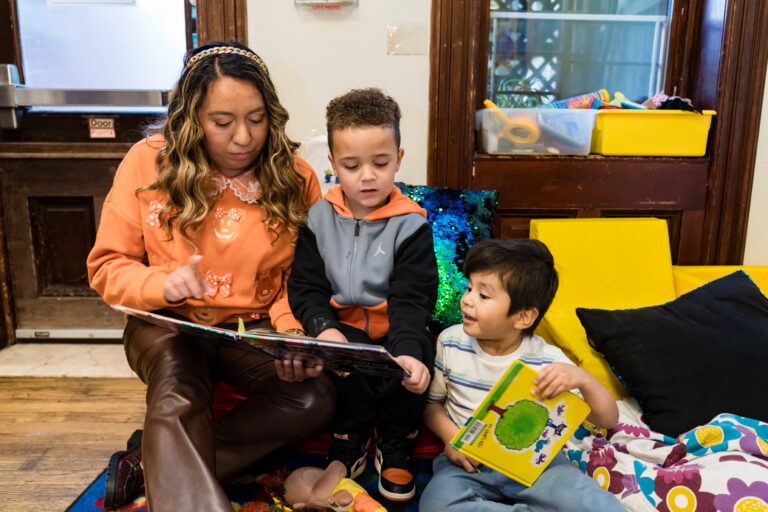




You must be logged in to post a comment.